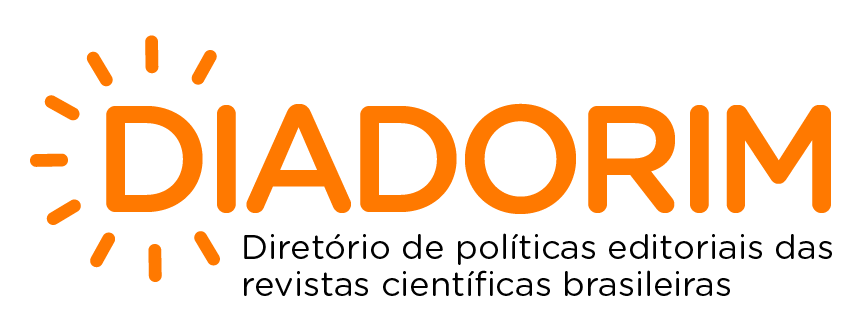Probiotics, Microbiota and Atmospheric Pollution
DOI:
https://doi.org/10.56242/globalhealth;2024;4;14;41-45%20Keywords:
Particulate matter, microbiome, microbiota, bacteriumAbstract
GOAL
Present not only a review of the effects of atmospheric pollution in relation to human health, but also the benefits of using probotics as a protective factor for various organic systems, especially the respiratory tract, from exposure to atmospheric pollution.
METHODS
A bibliographic review was carried out, through an online search between January and May 2024, of scientific articles published in Portuguese and English between 2004 and 2024 in the public health databases: SCIELO and PubMed, following the guiding questions: What are the effects of air pollution on human health and microbiota? What is the role of probiotics in this context? For this, the following descriptors were used: atmospheric pollution; mycorbiome; microbiota; intestinal microbiota; airway microbiota; probiotics.
RESULTS
The review initially shows the reader the main harmful effects of air pollution on human health, focusing in particular on the respiratory tract. Next, information is provided about the intestinal and respiratory tract microbiome, as well as their importance for maintaining health. Finally, literature findings are presented that demonstrate the importance of probiotics in maintaining an intestinal and respiratory microbiota, particularly elucidating the ability of these agents to minimize the occurrence of inflammatory and infectious diseases.
CONCLUSIONS
The use of probiotics is an important tool in maintaining airway health in environments with atmospheric pollution.










